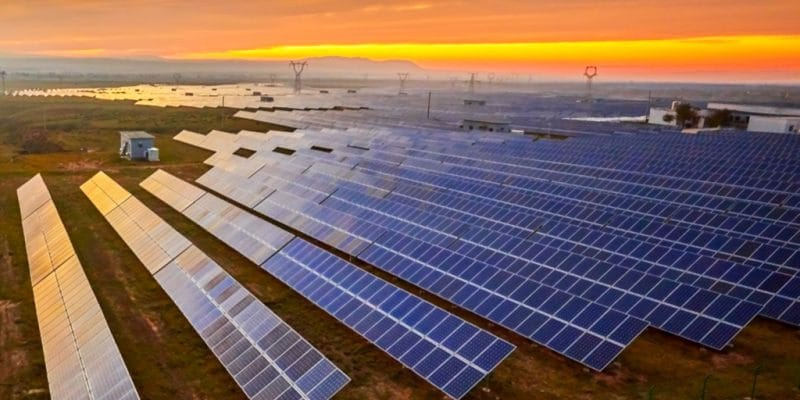Solarcentury, one of the UK's leading solar companies, has announced the commissioning of two hybrid mini-grids (solar-diesel) in Eritrea. With a total capacity of 2.25 MW, they were ordered by Eritrea Electric Corporation (EEC), the public company in charge of electricity transmission and distribution.
Eritrea now has two solar-diesel mini grids. The infrastructure has recently been commissioned by the British company Solarcentury, which has been building it for eight months. With a capacity of 1.25 MW, the largest is located in Areza, a town in the Debub region of central Areza. The second is located in Maidma with a production capacity of 1 MW.
Both installations are made up of photovoltaic solar panels that produce energy during the day. They are connected to lithium batteries manufactured by Tesla, one of the world’s leading electricity storage companies. To these components, Solarcentury has added American Caterpillar brand generators.
According to Solarcentury, these mini-grids will change the lives of local people. “Communities are at the heart of this project. Our hope is that access to this sustainable electricity will lead to greater economic growth in the region and social development. For example, there is a dispensary in Areza that will now have continuous access to electricity. This project is a good model for rural electrification in Africa and we are in discussions to replicate it elsewhere,” said Theo Guerre-Canon, one of Solarcentury’s managers.
The SME, which employs more than 250 people, estimates that the two mini-grids will provide electricity to 40,000 people in 40 villages, 500 small businesses, 15 schools, 2 kindergartens, 2 community hospitals. It should be noted that before the commissioning of these hybrid power plants, businesses, hospitals or schools operated with generators. The construction of these two hybrid power plants was made possible thanks to funding from the Eritrean Ministry of Energy and Mines, the European Union and the United Nations Development Programme (UNDP).
The Areza and Maidma power plants strengthen Solarcentury’s installed capacity in Africa. In Nigeria, for example, the company installs off grid on the roof for Tulip Cocoa Processing Limited (TCP), a cocoa bean processing company.
Jean Marie Takouleu







